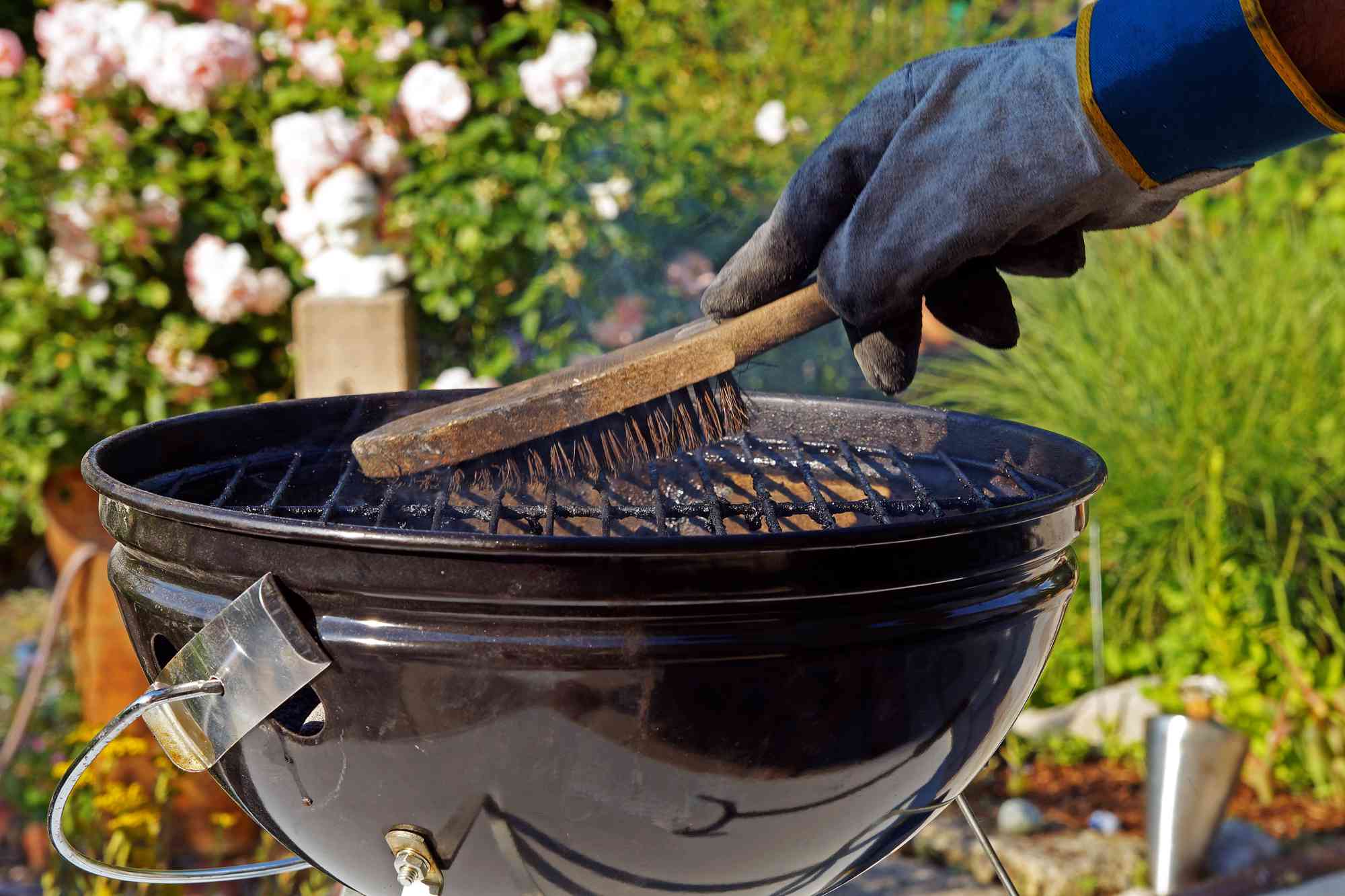Finally, you’ve done it!
That lovely co-worker you’ve had a crush on has finally given you her number or that hunk from an online dating service didn’t turn out to be Ted Bundy. And, with butterflies in your stomach, you are finally set to go on your first date.
Once you are done with the “where to go, what to wear and how to look”, you find yourself settled in a charming restaurant, smelling irresistibly desirable and looking confident.
After that last glass of wine, it’s time to pay the check. But, surprise, surprise, your credit card gets declined and you don’t have any cash on you. Well, that’s not what I’d called making a good impression on a first date.
But, the question is what happens next?
Let’s Roll Our Sleeves And Dive In
We’ve heard the old cliché too many times and saw it a few times in movies. When you the bill comes around and you realize you don’t have enough (or nothing at all) to pay for that fancy Confit of Moulard Duck “Foie Gras”, you instantly imagine yourself in the restaurant’s kitchen, washing dishes.
But, is there any truth in it? Is that what restaurants do to customers who can’t pay their bills?
To answer your question, I’ve interviewed a handful of restaurant owners. So, let’s take a look at their responses:
Restaurant Owner No. 1:

“Such situations tend to happen only once in a blue moon, but when it does, we handle it very simply: we take the customer’s personal information (like ID, address, phone number) and write them an I.O.U (otherwise known as “I owe you” – an informal document acknowledging a debt owed to someone).
Unbelievably, most of the customers do not only come back to pay their bills but to dine again.”
Restaurant Owner No. 2:

“You cannot always blame customers for being short on a few bucks or even forgetting their wallets at home –such mistakes can happen to anyone. My protocol is to let the customer leave to go get their wallet or some money, but in exchange they need to leave some private belongings such as an ID or their mobile phones. If there are two or three people, we usually ask one to stay back. It’s something many restaurant owners come up with, but which does not always work. I’ve had cases where people left their IDs behind and never came back.”
Restaurant Owner No. 3:

“Bluffing aside, I really think I’m too kind-hearted. Whenever we get customers who can’t pay their bills – which is, thank God, very rare – I take the leap of faith and let them leave. That’s right, I let them go because I trust they will show up again with the money for the bill.
There are some honest ones out there, but you can easily get burned once in a while.”
Restaurant Owner No. 4:

“Honestly, I consider such “mistakes” as thefts. Don’t expect me to believe you’ve set out for modern French haute cuisine, without having enough money in your pockets. And, letting such people go without paying for their meals would be preposterous. Unless the amount is very small, I’d rather call the police and seek their help.”
Restaurant Owner No. 5:

“I’m a weird kind of person. I might rarely have any customers trying to get away without paying, but once I do, I would chase that person. Like literally. If I see you in the streets, I will run after you, screaming and shouting for my cash.
Oh and it’s not embarrassing for me at all.”
Restaurant Owner No. 6:

“Why should I bother with some sort of collateral when I can get the messiest jobs in my restaurant done?
If you don’t have enough to pay or act like you forgot your wallet, I’d ask you to clean out the dumpsters, barbecue grills and smokers, without forgetting the toilets, of course.
Shocked? Well, that’s’ how I’ve never come across non-paying customers.
Years ago, washing dishes in the back of a restaurant’s kitchen might have been a viable option. But, it’s no longer deemed as professional today.
However, I’d like to ask how you would have dealt with such situations if you were a restaurant owner.